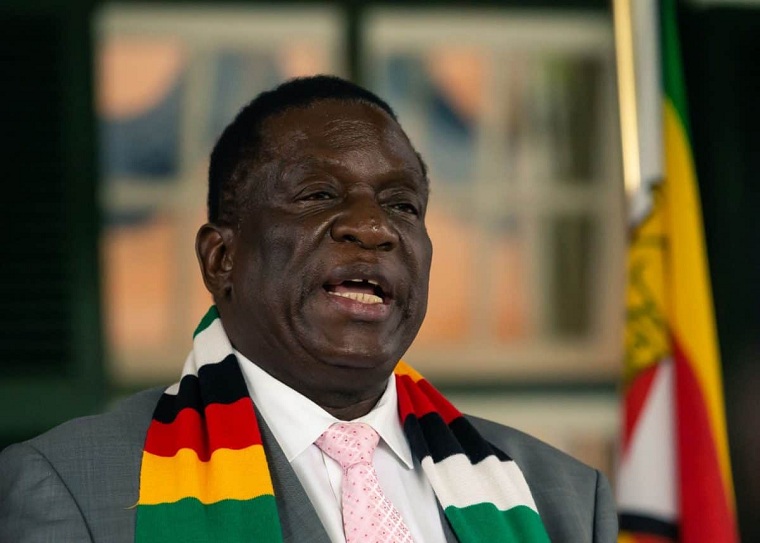In two or so weeks’ time, we should be getting the final crop assessment, thereby knowing how badly hit we were by the mid-season drought. Whatever the outturn from that assessment, our Strategic Grain Reserves are healthy, certainly enough to meet our cereal requirements until the next season.
Should we consider boosting those reserves, there is enough grain in the region to meet our import requirements.
Far from being food insecure, we continue to consolidate our national food security through expanded water development and irrigation projects around the country.
Currently, we are working on winter wheat, targeting over 85 000 hectares under this crop.
We anticipate reaching near self-sufficiency this year, thus reducing our wheat import bill and cushioning ourselves from disruptions related to the conflict situation in Eastern Europe.
We should be able to weather the storm of food inflation triggered by global anxieties and conflicts.
Upon realising the turbulence in the fuel market, I directed that duty on fuels be reduced by US13 cents.
As I write, diesel is now zero-rated, duty-wise. I did more.
From the President’s Strategic Reserves, I released 30 million litres of fuels to ensure the supply in the market remains stable and affordable. Everything is being done to keep the economy growing, and to cushion the consumer against swings.
More measures are set to be announced very soon as Government continues to review the global situation, and to respond appropriately.
In the wake of last week’s exchange rate turbulences and the resultant upward movement in prices, I met with my team of experts to analyse and review the current situation.
To assist the process, we benchmarked our economy against several economies in our region and on our continent.
Economies both larger and smaller than ours.
The results were quite baffling.
Economies which earn far less than us by way of exports; import more than us; have larger GDPs requiring more imports, and with bigger populations, are enjoying more stable national currency than we do. Kenya is a case in point.
We also looked at smaller economies earning far less than us and with even greater import dependency than we have.
They, too, enjoy more stable national currencies than we do.
As Zimbabweans, we have to ask ourselves why this is so.
Continued next page
(659 VIEWS)


